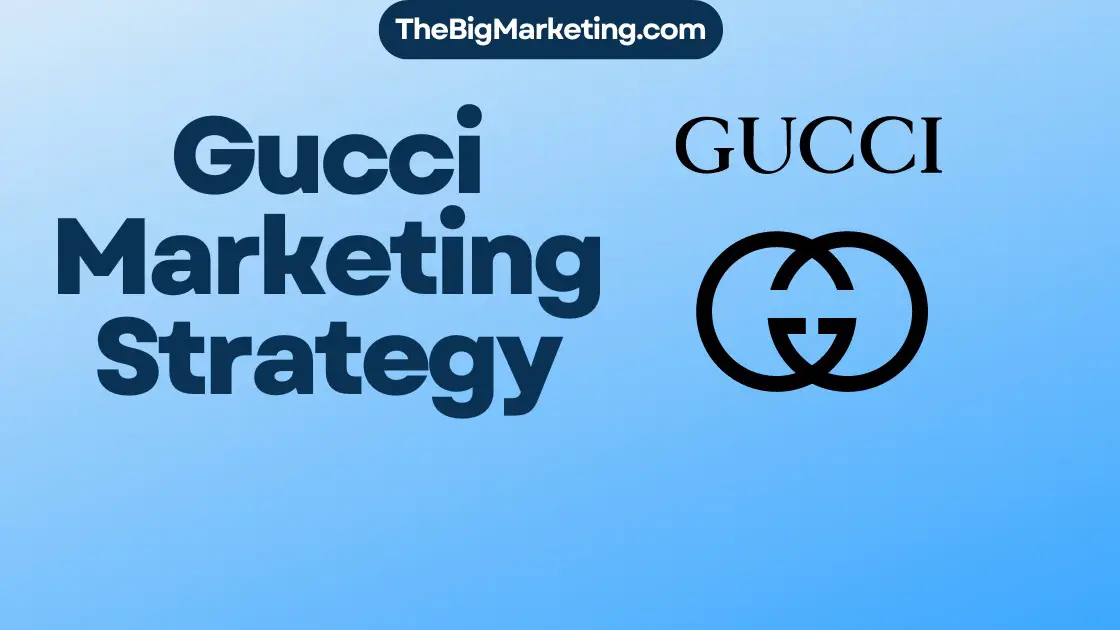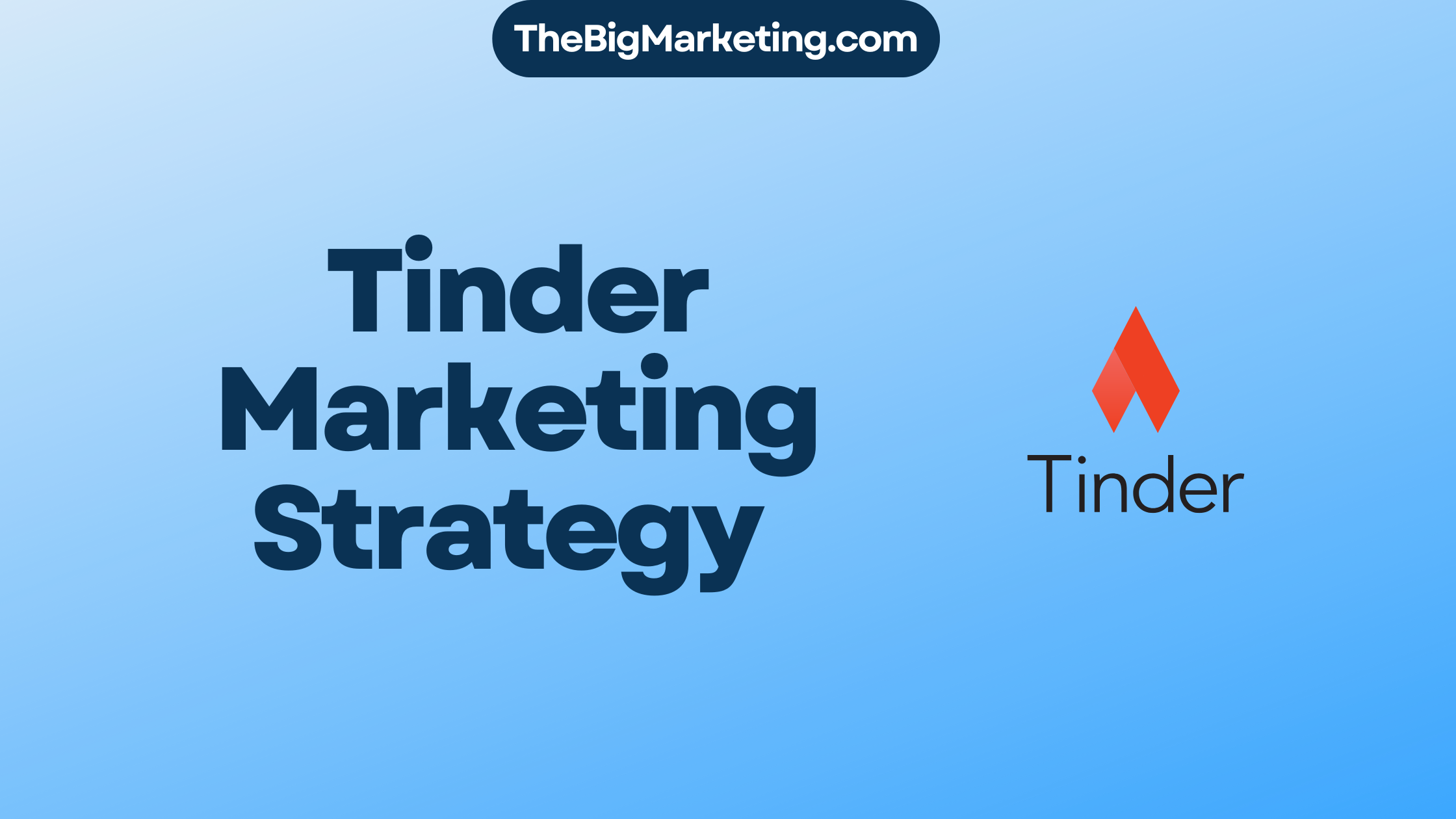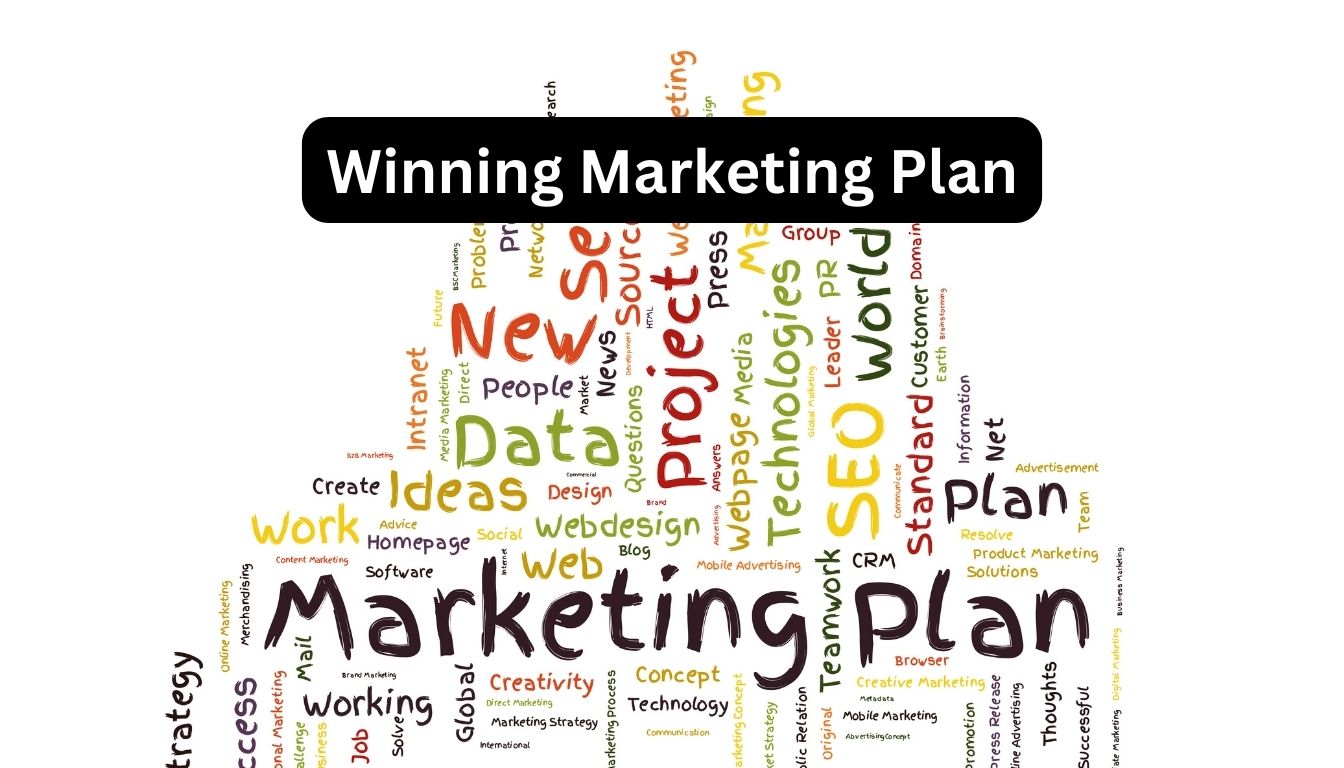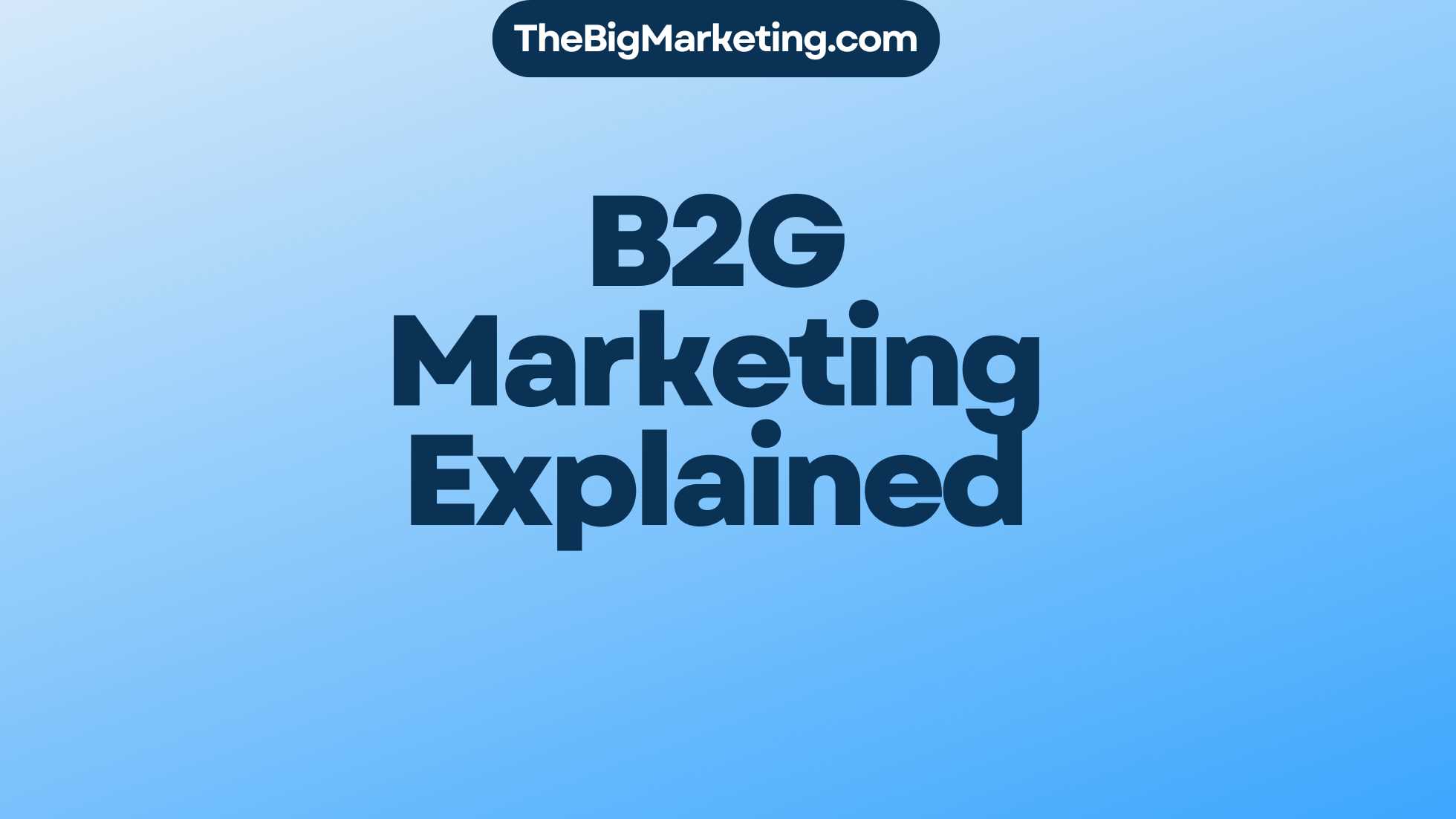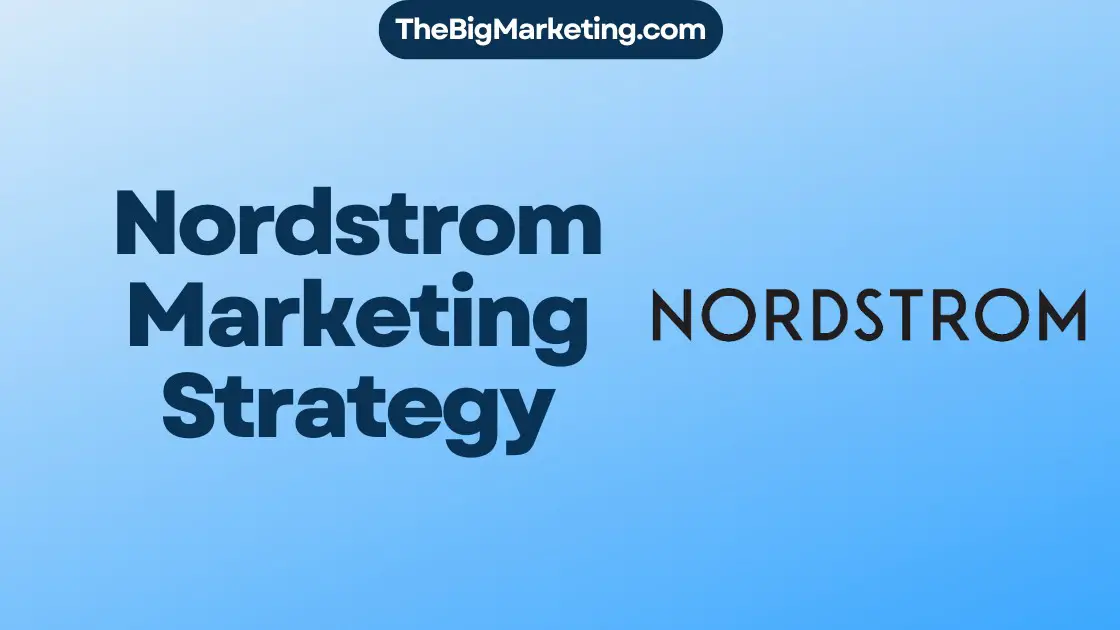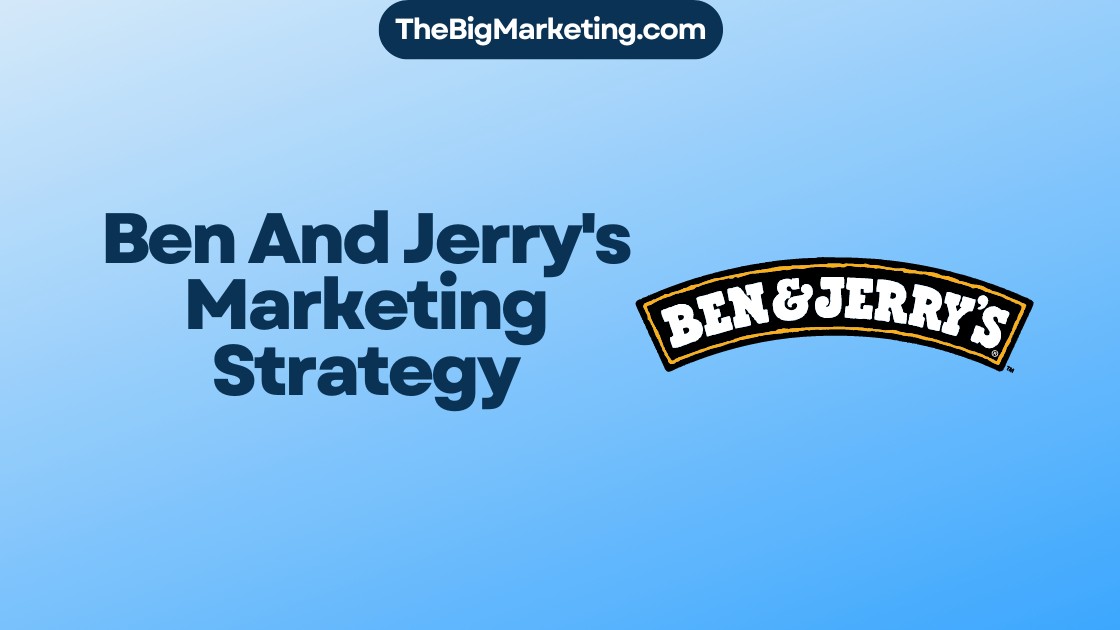Boutique hotels are constantly evolving their marketing strategies to adapt to changing markets and consumer preferences. In 2023 and beyond, several key trends will shape the landscape of hotel marketing, including rising costs, heavy workloads for marketing managers, automated sales technology, generative AI, data-driven campaigns, customer-journey-focused campaigns, the growth of short-form video content, and experiential trip research on social media.
These trends present significant opportunities for boutique hotels to enhance their offerings, improve customer satisfaction, automate sales processes, personalize marketing campaigns, and engage with their target audience through various digital platforms.
Key Takeaways:
- Develop marketing strategies that align with the changing market dynamics of boutique hotels in 2024.
- Adapt to rising costs by seeking cost-saving measures and partnering with destination marketing organizations and Convention and Visitors Bureaus.
- Proactively rebuild relationships with event planners and suppliers to increase repeat bookings.
- Utilize automated sales technology, such as online booking platforms, to improve sales conversions and enhance buyer-seller relationships.
- Leverage generative AI tools to streamline operations, personalize sales pitches, and optimize pricing strategies.
Rising Costs and Event Planning Priorities
Rising costs have become a significant consideration for event planners in 2024, impacting their priorities when it comes to planning successful events. As event and venue costs continue to rise, professionals in the industry are actively seeking cost-saving measures to manage their budgets effectively.
Event planners are turning to creative solutions and exploring alternative options to ensure their events are both memorable and cost-efficient. One such solution involves partnering with destination marketing organizations (DMOs) and Convention and Visitors Bureaus (CVBs) to discover more affordable destinations that can still meet their event needs.
Boutique hotels have a unique opportunity to tap into this trend by collaborating with DMOs and CVBs in their local area. By doing so, these hotels can connect with event planners who are actively searching for affordable event options while still delivering exceptional experiences. This allows boutique hotels to offer attractive event packages that cater to budget-conscious planners without compromising on quality.
By leveraging these partnerships, boutique hotels can showcase their capabilities to actively sourcing event planners, positioning themselves as valuable partners. Furthermore, by working closely with DMOs and CVBs, boutique hotels can gain access to potential customers who are already interested in hosting events in their area, creating new revenue streams and fostering long-term relationships.
Implementing cost-saving measures and forging strategic partnerships with DMOs and CVBs will not only help boutique hotels attract more business but also contribute to the overall growth and success of the events industry in 2024.
| Rising Costs Impacting Event Planning Priorities | Priorities for Event Planners | Cost-Saving Measures |
|---|---|---|
|
|
|
| Boutique hotels can leverage partnerships with DMOs and CVBs to offer affordable event packages to cost-conscious event planners without compromising on quality. | ||
Heavy Workloads and Rebuilding Relationships
In the fast-paced world of hospitality marketing, marketing managers often face heavy workloads that can impact their ability to build and maintain relationships with event planners and suppliers. As we look ahead to 2024, it is evident that rebuilding relationships will be a significant trend in the boutique hotel industry. To stay ahead of the curve, boutique hotels must be proactive in strengthening planner relationships to increase repeat bookings and ensure long-term success.
Analyzing the success of marketing strategies and focusing on proactive sales activities targeted at the right audience can help boutique hotels maximize the use of their marketing resources and improve overall results. By investing time and effort into nurturing relationships with event professionals, marketing managers can create lasting partnerships that drive future business.
One effective approach to rebuilding relationships is to conduct regular meetings or virtual workshops with event professionals to gain insights into their specific needs and requirements. This collaborative approach allows boutique hotels to tailor their marketing strategies and offerings to meet the expectations of event planners, increasing the chances of securing bookings and establishing a reputation for excellence.
Proactive Sales Activities
In addition to relationship-building efforts, boutique hotels should engage in proactive sales activities to attract new clients and increase bookings. By taking a proactive approach, marketing managers can ensure that their hotel stays top of mind for event planners and organizations in need of event locations.
Some proactive sales activities that boutique hotels can implement include:
- Attending industry conferences and networking events to connect with event professionals
- Hosting personalized site visits to showcase the hotel’s unique offerings and build rapport with planners
- Offering exclusive packages or incentives to incentivize event planners to choose the hotel as their venue
- Utilizing email marketing campaigns to keep event professionals informed about new offerings, promotions, and updates
By being proactive in their sales efforts, boutique hotels can make a lasting impression on event professionals, increase their visibility, and ultimately drive more bookings.
Maximizing Marketing Resources
Marketing resources are valuable assets that should be used effectively to yield the best results. For boutique hotels, it is crucial to ensure that marketing activities align with business objectives and target the right audience. By analyzing customer data and tracking the success of marketing strategies, boutique hotels can allocate their resources strategically and optimize their marketing efforts.
Here is an example of a table outlining different marketing resources and their effectiveness:
| Marketing Resource | Effectiveness |
|---|---|
| Social media advertising | Highly effective in reaching a wide audience and driving brand awareness |
| Email marketing | Effective in nurturing customer relationships and promoting special offers |
| Content marketing | Effective in providing valuable information to potential customers and positioning the hotel as an industry expert |
| Online travel agencies | Effective in expanding the hotel’s reach and attracting new customers |
By understanding the strengths and weaknesses of different marketing resources, boutique hotels can make informed decisions and allocate their resources wisely to achieve the best possible outcomes.
Rebuilding relationships and maximizing marketing resources are two crucial aspects of successful boutique hotel marketing strategies. By adopting a proactive approach to sales activities, marketing managers can strengthen relationships with event professionals and attract new business. Additionally, by analyzing the effectiveness of marketing resources and allocating them strategically, boutique hotels can optimize their marketing efforts and increase their chances of driving bookings and revenue.
Automated Sales Technology and Improved Conversions
Automated sales technology is revolutionizing the way boutique hotels conduct business and interact with event planners. One key aspect of this technology is online booking platforms, which greatly enhance the speed of sales conversions and improve buyer-seller relationships. By providing event planners with the convenience of booking small meeting spaces and limited room nights online, boutique hotels can streamline the booking process and eliminate the need for traditional request for proposal (RFP) procedures.
Event planners, in particular, are more likely to choose hotels or venues that offer online booking capabilities for simple meetings. With just a few clicks, planners can secure their desired event spaces without the hassle of lengthy negotiations or paperwork. This not only saves time and effort for event planners but also enables boutique hotels to secure bookings more efficiently.
One example of an effective automated sales tool is Instant Book, a feature that allows event planners to make instant reservations for specific event spaces or hotel rooms. The speed and convenience of Instant Book can significantly improve sales conversions, as it eliminates the need for back-and-forth communication or waiting for availability confirmation.
Moreover, by leveraging automated sales technology, boutique hotels can strengthen their buyer-seller relationships. Swift and seamless booking experiences create a positive impression on event planners, showcasing the hotel’s commitment to customer satisfaction and convenience. By providing a user-friendly online booking process, boutique hotels can enhance their reputation and build trust with event planners.
Furthermore, the implementation of automated sales technology can also have a positive impact on the team member work experience. With an efficient online booking system in place, hotel staff can focus more on providing personalized services and attending to the needs of the guests rather than getting caught up in administrative tasks. This enables the hotel team to deliver exceptional experiences and foster memorable guest interactions, leading to increased customer satisfaction and positive word-of-mouth.
Improvements in Sales Conversions with Automated Sales Technology
| Benefits | Impact |
|---|---|
| Streamlined booking process | Reduces manual paperwork, accelerates decision-making, and increases booking efficiency. |
| Enhanced buyer-seller relationships | Provides convenience and builds trust, resulting in higher satisfaction and increased repeat bookings. |
| Improved team member work experience | Enables staff to focus on delivering personalized services and creating memorable guest experiences. |
Generative AI and Streamlined Operations
Generative AI tools, such as hotel chatbots, are revolutionizing the way boutique hotels operate, improve guest satisfaction, and enhance customer service. These AI-powered solutions offer personalized sales pitches, dynamic pricing, and AI-powered personalization, allowing boutique hotels to deliver exceptional experiences to their guests. By leveraging generative AI, hospitality management can streamline operations, optimize sales and operations, and drive revenue.
One of the key advantages of generative AI tools in boutique hotels is the ability to automate repetitive tasks. This enables sales managers to focus on building relationships and closing more deals, thereby increasing sales and revenue. Hotel chatbots, powered by generative AI, can handle routine customer inquiries, assist with bookings, and provide personalized recommendations based on guest preferences. This not only frees up valuable time for staff but also ensures prompt and accurate responses, resulting in improved guest satisfaction and customer service.
Furthermore, generative AI enables boutique hotels to create personalized sales pitches and packages tailored specifically to the needs of business travelers. By analyzing guest data and preferences, AI-powered recommendation engines can provide targeted offers and recommendations, enhancing the overall guest experience and increasing the likelihood of conversions.
In addition to personalized guest experiences, generative AI can also support hospitality management in setting dynamic pricing strategies. By leveraging real-time data on demand, market trends, and competitor pricing, AI-powered systems can optimize pricing to maximize revenue and occupancy rates. This dynamic pricing approach ensures that boutique hotels remain competitive while maximizing profitability.
Benefits of Generative AI in Boutique Hotels:
- Streamlined operations through automated tasks
- Improved guest satisfaction and customer service
- Personalized sales pitches and packages for business travelers
- Dynamic pricing strategies for revenue optimization
By embracing generative AI tools, boutique hotels can optimize their sales and operations, deliver personalized experiences, and drive revenue growth. The integration of AI-powered solutions allows boutique hotels to stay competitive in today’s digital era, where personalized service and efficient operations are paramount.
Data-Driven Marketing and Strategic Decision Making
Data-driven marketing campaigns are essential for boutique hotels to ensure their resources are allocated effectively and produce the highest return on investment. By utilizing tools like Google Analytics 4 (GA4), boutique hotels can gain valuable insights into customer behavior, engagement, and demographic information. This data can then be analyzed to identify the target audience and make strategic decisions that optimize advertising and marketing efforts.
Google Analytics 4 provides powerful features for customer behavior analysis, allowing boutique hotels to track and analyze various metrics, including website traffic, bounce rates, and conversion rates. By understanding these metrics, hotels can tailor their marketing campaigns to engage with their audience at the right time and through the right channels.
Analyzing guest demographics is another crucial aspect of data-driven marketing. By understanding the characteristics and preferences of their guests, boutique hotels can create personalized experiences and targeted campaigns. For example, if the data shows that a significant portion of their guests are millennials, hotels can tailor their marketing materials and promotions to appeal to this specific audience.
Advertising Investment and ROI Optimization
Data-driven marketing also helps boutique hotels optimize their advertising investment and achieve a higher return on investment (ROI). By analyzing data on guest acquisition rates and consumer engagement scores, hotels can identify which marketing channels and campaigns are generating the best results. This insight allows hotels to allocate their advertising budget effectively, focusing on strategies that deliver the highest ROI.
Insights for Strategic Decision Making
Strategic decision making is a crucial component of successful boutique hotel management. Data-driven marketing campaigns provide valuable insights that inform decision-making processes. By analyzing the data, boutique hotels can identify trends, patterns, and opportunities that can guide their strategic decisions and business development plans.
Example Table on Customer Behavior Analysis
| Metrics | Description |
|---|---|
| Pageviews | The number of times a page on the hotel website is viewed by a visitor |
| Conversion Rate | The percentage of website visitors who complete a desired action, such as booking a room or signing up for a newsletter |
| Time on Page | The amount of time visitors spend on a specific page |
| Bounce Rate | The percentage of website visitors who leave the site after viewing only one page |
| Location | The geographic location of website visitors |
Customer-Journey-Focused Campaigns for Personalized Experiences
Personalization is a growing trend in the hospitality industry, and boutique hotels can capitalize on this by offering customer-journey-focused campaigns. Guests expect a personalized experience throughout their travel and hotel stay, including the booking process.
Boutique hotels have the opportunity to provide options for extended stays, allowing guests to personalize their travel itineraries and curate their own unique experiences. By understanding and catering to guest preferences, boutique hotels can deliver personalized travel experiences that exceed customer expectations.
One way boutique hotels can enhance the customer journey is by offering a personalized booking process. This can include intuitive online booking systems that allow guests to customize their stay, select preferred room types, choose luxury amenities, and add special requests. By simplifying and personalizing the booking process, boutique hotels can create a seamless and tailored experience for their guests.
During their stay, boutique hotels can continue to meet and exceed guest expectations by providing luxury amenities, personalized services, and unique experiences. This can include bespoke spa treatments, curated dining experiences, exclusive access to local attractions, and personalized recommendations based on guest preferences.
Guests who seek personalized and memorable travel experiences are likely to be attracted to boutique hotels that emphasize the individualized and exclusive nature of their offerings. By crafting customer-journey-focused campaigns and prioritizing personalized experiences, boutique hotels can establish a strong brand presence and develop meaningful connections with their target audience.
Customer-journey-focused campaigns for personalized experiences have the potential to enhance customer satisfaction, drive repeat bookings, and generate positive word-of-mouth referrals. By consistently delivering exceptional and tailored experiences, boutique hotels can create a loyal customer base and position themselves as leaders in the industry.
To better illustrate the impact of customer-journey-focused campaigns, consider the following examples:
Personalized Travel Experiences at Boutique Hotels
| Boutique Hotel | Personalization Offerings |
|---|---|
| Hotel A |
|
| Hotel B |
|
| Hotel C |
|
By embracing customer-journey-focused campaigns and offering personalized travel experiences, boutique hotels can differentiate themselves from competition, cater to guest preferences, and create lasting memories for their guests.
Growth of Short-Form Video Content
The popularity of short-form video content is on the rise, driven by the growing preference for visual media. Short-form videos have proven to be highly effective in attracting and engaging customers, with a remarkable return on investment (ROI). In fact, one-third of marketers are leveraging short-form video content to achieve their marketing goals.
For boutique hotels, this presents a valuable opportunity to showcase their unique amenities, culture, and experiences through captivating videos. By creating compelling video content, boutique hotels can increase online traffic, capture the attention of potential customers, and drive engagement and bookings.
One effective way to utilize short-form video content is through video advertising on popular search engines. These ads can redirect online traffic to the hotel’s website or social media platforms, effectively boosting visibility and driving bookings. By leveraging the power of video, boutique hotels can create an immersive experience for their audience and convey the essence of their brand.
Benefits of Short-Form Video Content for Boutique Hotels
1. Increased Online Traffic: Short-form videos have the potential to attract more online traffic to a boutique hotel’s website or social media platforms. As users engage with the video content, they are more likely to explore further and book their stay.
2. Enhanced Engagement: Videos capture viewers’ attention and convey information in an engaging and visually appealing manner. By showcasing the unique amenities and experiences offered by the boutique hotel, short-form videos can resonate with the target audience and encourage them to interact with the brand.
3. Improved Brand Awareness: Through short-form video content, boutique hotels can effectively communicate their brand’s value proposition and establish a strong brand identity. By showcasing their unique features, culture, and ambiance, boutique hotels can stand out in a competitive market.
4. Increased Bookings: Short-form videos have a persuasive impact on viewers, increasing the likelihood of converting them into paying guests. By showcasing the luxurious accommodations, exquisite dining options, and exceptional service, boutique hotels can entice viewers to book their stay.
| Benefits of Short-Form Video Content | Description |
|---|---|
| Increased Online Traffic | Short-form videos attract more online traffic, resulting in increased website visits and social media engagement. |
| Enhanced Engagement | Engaging videos capture viewers’ attention, encouraging them to interact with the brand. |
| Improved Brand Awareness | Short-form videos effectively communicate the boutique hotel’s unique selling points and establish a strong brand identity. |
| Increased Bookings | Compelling videos persuasive viewers to book their stay, leading to increased bookings and revenue. |
Experiential Trip Research on Social Media
Travel research has taken a significant shift towards social media platforms, especially among younger travelers. Instagram and TikTok have emerged as popular sources of inspiration and information for trip planning, surpassing traditional search engines. To capitalize on this trend, boutique hotels need to establish a robust presence on social media platforms, engage with potential guests, and share visually appealing content.
Boutique hotels can leverage social media platforms like Instagram and TikTok to create an online environment that captures the desired travel experience. By showcasing unique and personalized trip experiences, boutique hotels can attract customers who seek memorable and tailored travel experiences.
Take a look at the visually stunning moments captured by guests during their stay at our boutique hotel:
| Guest | Experience |
|---|---|
| Emily | Exploring hidden gems in the city with personalized tour packages |
| Michael | Indulging in luxury amenities and spa services |
| Sarah | Enjoying breathtaking views and outdoor activities |
These guests found their travel inspirations through social media and were delighted to discover our boutique hotel’s offerings that met their expectations. As social media continues to shape travel planning, it is essential for boutique hotels to maintain an active presence on platforms like Instagram and TikTok to engage with potential guests, showcase unique experiences, and inspire their next adventure.
Importance of Boutique Hotel Marketing and Branding
Effective marketing and branding strategies play a critical role in differentiating boutique hotels in the competitive market and attracting the right target audience. Boutique hotels offer unique experiences and personalized services, and it is essential to showcase these qualities through tailored marketing campaigns.
One key aspect of boutique hotel marketing is the ability to target niche audiences. By identifying specific market segments and understanding their preferences, boutique hotels can create highly targeted marketing messages and promotions that resonate with potential guests. This allows them to stand out from larger chain hotels and appeal to travelers seeking a more exclusive atmosphere.
In addition to targeting niche audiences, boutique hotels should highlight their tailored services and emphasize the personal touch they provide to guests. This can include offering personalized recommendations, curating unique experiences, or providing customized amenities. By showcasing these aspects of their brand, boutique hotels can attract travelers who seek personalized and memorable stays.
A successful boutique hotel marketing strategy should also incorporate loyalty and referral programs to encourage repeat business and word-of-mouth recommendations. These programs can incentivize guests to book directly with the hotel, fostering a sense of loyalty and creating a community of brand advocates.
Furthermore, optimizing the online presence of boutique hotels is crucial in today’s digital landscape. This involves creating a visually appealing and user-friendly website, engaging with potential guests on social media platforms, and implementing effective search engine optimization techniques. By maintaining a strong online presence, boutique hotels can reach a wider audience and increase brand awareness.
Hosting events and engaging with the local community are also essential components of boutique hotel marketing. By hosting events, such as wine tastings or art exhibitions, boutique hotels can attract both local residents and out-of-town visitors, creating opportunities to showcase their unique offerings. Active participation in the local community helps establish the hotel as a trusted and valued entity, further enhancing its brand reputation.
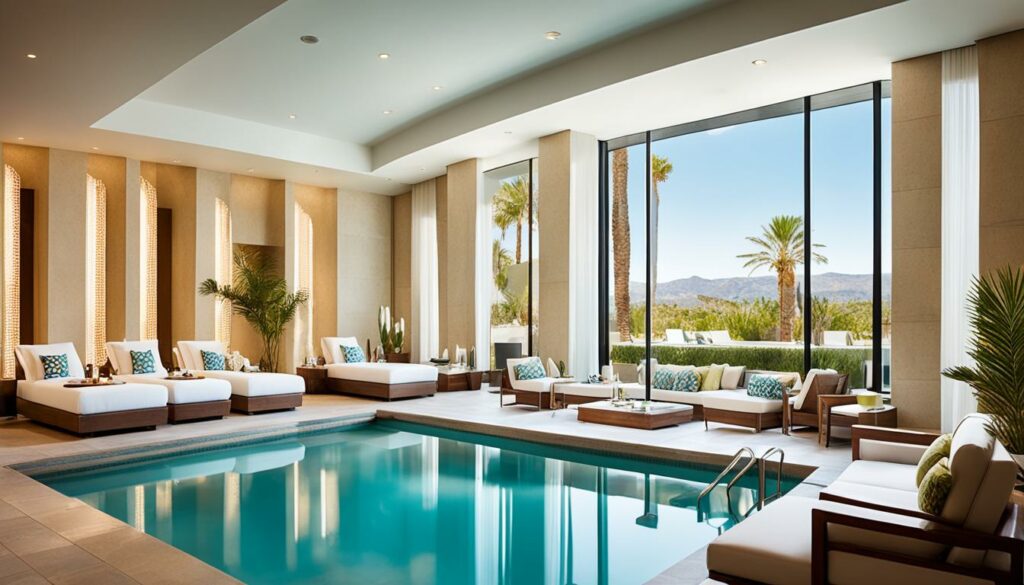
| Key Elements of Boutique Hotel Marketing | Benefits |
|---|---|
| Targeting niche audiences | Attracting travelers seeking unique experiences |
| Highlighting tailored services | Appealing to guests who value personalized attention |
| Implementing loyalty and referral programs | Fostering guest loyalty and generating word-of-mouth recommendations |
| Optimizing online presence | Reaching a wider audience and increasing brand awareness |
| Hosting events and engaging with the community | Showcasing unique offerings and building brand reputation |
By implementing a comprehensive boutique hotel marketing and branding strategy that encompasses these elements, boutique hotels can differentiate themselves and attract their target audience. The ability to promote unique experiences, personalized services, and tailored campaigns will contribute to the success and growth of boutique hotels in the competitive hospitality industry.
Boutique Hotel Website Optimization
The website of a boutique hotel plays a crucial role in attracting and engaging potential guests. To optimize the website and ensure its effectiveness, boutique hotels should focus on professional presentation, incorporating high-quality visual content, user-generated content, storytelling techniques, and search engine optimization strategies.
Professional Presentation
A professional and visually appealing website creates a positive first impression, instills trust, and encourages potential guests to explore further. High-quality photographs and videos showcasing the unique features, ambiance, and amenities of the boutique hotel can effectively convey its distinctive character and entice visitors to book their stay.
Visual Content
Visual content, such as photos and videos, is essential in capturing the attention of website visitors. High-resolution images showcasing the hotel’s rooms, facilities, and surrounding attractions can engage viewers and provide a glimpse of the exceptional experience that awaits them. Including a mix of exterior and interior shots, as well as images that highlight the hotel’s special amenities and personalized services, can further enhance the visual appeal.
User-Generated Content
Utilizing user-generated content, such as reviews and testimonials, can significantly influence potential guests’ decision-making process. Positive feedback and personal stories from satisfied guests can establish credibility, build trust, and create a sense of authenticity. Displaying these testimonials prominently on the website can help reassure visitors and increase their confidence in choosing the boutique hotel for their stay.
Storytelling
Storytelling is a powerful technique that allows boutique hotels to connect emotionally with their target audience. By crafting compelling narratives and sharing captivating stories about the hotel’s history, unique offerings, and memorable guest experiences, boutique hotels can evoke curiosity and create a sense of anticipation. Storytelling helps to differentiate the hotel from its competitors and establishes an emotional connection that resonates with potential guests.
Search Engine Optimization (SEO)
Implementing effective search engine optimization strategies is vital for increasing the visibility and organic traffic of a boutique hotel website. Conducting thorough keyword research and optimizing website content, meta descriptions, and headings can improve search engine rankings. Additionally, optimizing page loading speed, ensuring mobile responsiveness, and building backlinks from reputable websites contribute to a better user experience and enhanced search engine visibility.
By focusing on professional presentation, incorporating visually appealing content, leveraging user-generated content, implementing storytelling techniques, and optimizing for search engines, boutique hotels can create an engaging and effective website that attracts and converts potential guests.
| Website Optimization Strategies | Benefits |
|---|---|
| Professional presentation | Creates a positive first impression and instills trust |
| Visual content | Captures attention, showcases unique features, and enhances visual appeal |
| User-generated content | Establishes credibility, builds trust, and increases confidence among potential guests |
| Storytelling | Connects emotionally, differentiates from competitors, and creates anticipation |
| Search Engine Optimization (SEO) | Improves visibility, increases organic traffic, and enhances user experience |
Conclusion
Effective marketing strategies are essential for boutique hotels to boost revenue and maximize their visibility in the market. By leveraging trends such as rising costs, automated sales technology, generative AI, data-driven campaigns, and personalized customer experiences, boutique hotels can attract their target audience and create a unique brand presence.
It is crucial for boutique hotels to prioritize digital marketing efforts, including website optimization, social media engagement, and email marketing, to engage with customers and drive bookings. A comprehensive and strategic marketing plan that incorporates these elements will position boutique hotels for success in 2024 and beyond.
With the right boutique hotel marketing strategies in place, hotels can optimize their revenue and increase customer engagement. By staying ahead of industry trends and embracing digital marketing techniques, boutique hotels can establish their presence and attract the discerning travelers who seek unique and personalized experiences. By implementing effective marketing campaigns and utilizing technology-driven solutions, boutique hotels can thrive in a competitive market and achieve long-term success.
FAQ
What marketing strategies are effective for boutique hotels in 2024?
Effective marketing strategies for boutique hotels in 2024 include adapting to rising costs, leveraging automated sales technology, utilizing generative AI, implementing data-driven campaigns, focusing on personalized customer experiences, utilizing short-form video content, engaging with customers on social media, and implementing comprehensive marketing and branding strategies.
How can boutique hotels adapt to rising costs and event planning priorities?
Boutique hotels can adapt to rising costs and event planning priorities by partnering with destination marketing organizations (DMOs) and Convention and Visitors Bureaus (CVBs) to find affordable destinations and offer cost-saving event packages without compromising the experience.
How can boutique hotels address heavy workloads and rebuild relationships with event planners?
Boutique hotels can address heavy workloads and rebuild relationships with event planners by analyzing the success of marketing strategies, prioritizing proactive sales activities, and focusing on strengthening planner relationships to increase repeat bookings.
How can automated sales technology improve conversions for boutique hotels?
Automated sales technology, such as online booking platforms and tools like Instant Book, can improve sales conversions by offering convenience to event planners, allowing them to book small meeting spaces and limited room nights online without going through the traditional RFP process.
How can generative AI streamline operations and enhance customer service for boutique hotels?
Generative AI tools, such as hotel chatbots, can streamline operations, improve guest satisfaction, and enhance customer service by automating repetitive tasks, creating customized sales pitches, offering personalized recommendations, and setting dynamic pricing based on demand.
How can data-driven marketing campaigns benefit boutique hotels?
Data-driven marketing campaigns can benefit boutique hotels by providing insights into customer behavior, engagement, and demographics, allowing hotels to allocate resources effectively, optimize advertising and marketing efforts, and maximize ROI.
How can boutique hotels create personalized experiences for their guests?
Boutique hotels can create personalized experiences for guests by focusing on customer-journey-focused campaigns, offering options for extended stays, allowing guests to personalize their travel itineraries, and providing unique amenities and experiences.
How can short-form video content benefit boutique hotels?
Short-form video content can benefit boutique hotels by showcasing their unique amenities, culture, and experiences, attracting online traffic, and capturing the attention of potential customers, ultimately driving engagement and bookings.
How can boutique hotels leverage social media for trip research and engagement?
Boutique hotels can leverage social media platforms like Instagram and TikTok to showcase their offerings, engage with potential guests, and provide travel inspirations, as younger travelers increasingly conduct research and seek trip planning information on these platforms.
How important is marketing and branding for boutique hotels?
Marketing and branding are crucial for boutique hotels to differentiate themselves in the market and attract their target audience. Boutique hotels should focus on promoting their unique qualities, personalized experiences, and develop tailored marketing campaigns that resonate with potential guests.
How can boutique hotels optimize their website for maximum impact?
Boutique hotels can optimize their website by prioritizing professional presentation, including high-quality visual content, implementing storytelling techniques, incorporating user-generated content, and utilizing search engine optimization strategies to enhance visibility and draw in more organic traffic.
What should boutique hotels prioritize in their marketing strategies?
Boutique hotels should prioritize digital marketing efforts, including website optimization, social media engagement, and email marketing, to effectively engage with customers, drive bookings, and maximize revenue. A comprehensive and strategic marketing plan is essential for success in 2024 and beyond.

